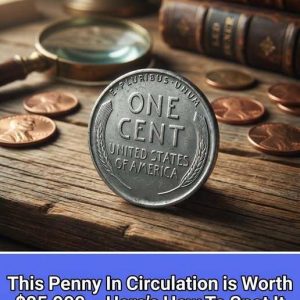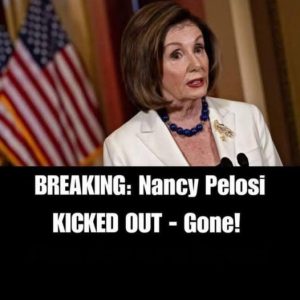In a renewed effort to target violent political activism, former President Donald Trump has reportedly directed federal agencies to dismantle networks linked to Antifa across the U.S. This comes after Trump publicly labeled Antifa a domestic terrorist threat, describing it as a coordinated network involved in organized political violence. Federal authorities are said to be focusing on dismantling funding sources, communication systems, and leadership structures, both domestically and abroad.
While no official confirmation has come from the Department of Justice or Homeland Security, media sources suggest that terrorism-related prosecutions could be pursued. Trump’s push to classify Antifa as a foreign terrorist organization would enable broader legal actions, including freezing assets and restricting travel. Legal experts, however, debate the viability of this approach, given Antifa’s decentralized nature.
Mark Bray, a professor and author of Antifa: The Anti-Fascist Handbook, has announced plans to relocate to Europe, citing concerns over his safety. Bray, long associated with academic discussions on antifascism, stated he would continue teaching online. However, he faces growing scrutiny, including petitions from students calling for his dismissal, with critics arguing that his work blurs the line between scholarship and activism.
Antifa International, a fundraising entity that supports antifascist groups, has paused online donations amid security concerns. The organization plans to relocate operations, possibly to Europe or Canada. Financial disclosures indicate that funds were used for legal support and emergency needs. The move reflects increasing pressure on activist networks to adapt or go underground in response to the federal crackdown.
Internally, Antifa-related groups are reportedly disorganized and scaling back public activities. Sources suggest a wave of digital and operational purging, with some activists leaving the country. Law enforcement has allegedly increased surveillance, though no arrests have been confirmed.
Despite uncertainty about the campaign’s long-term effects, Trump’s administration maintains its resolve. Supporters claim it’s a necessary step to curb domestic extremism, while critics view it as politically motivated suppression of dissent. The future of Antifa-affiliated activism in the U.S. remains unclear amid the intensifying government response.



